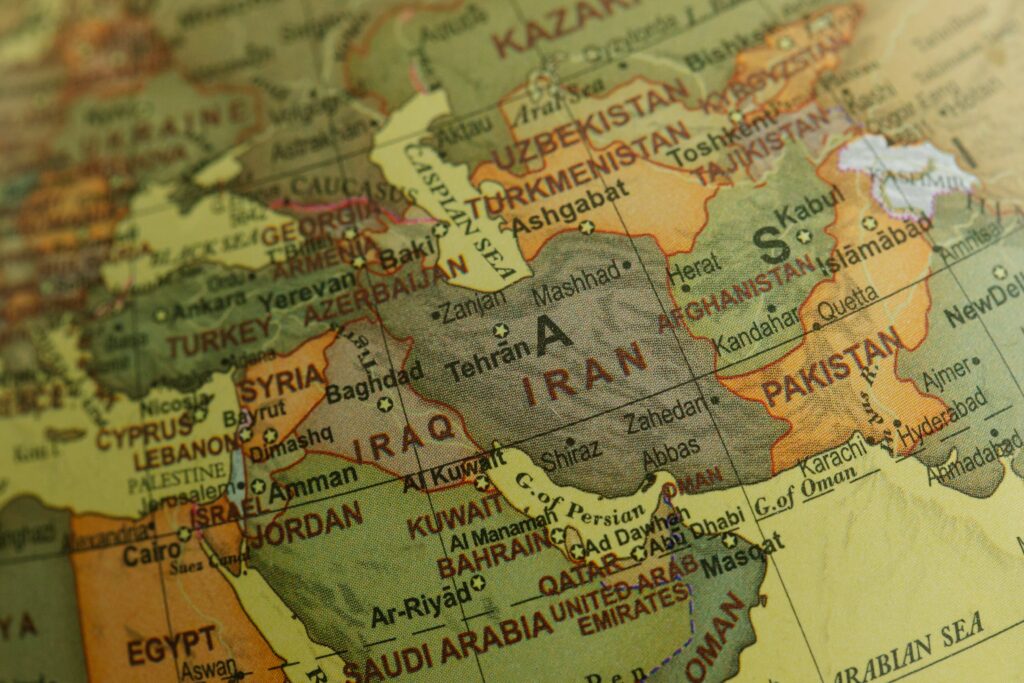The Chairman of the European Jewish Association Rabbi Menachem Margolin this morning welcomed the apparent demise Iceland’s controversial circumcision bill, that sought to criminalise the act and threatened imprisonment to adherents, regardless of religious practice or obligation.
Rabbi Margolin however cautioned that continued vigilance of contagion was a necessity not only in Iceland but across Europe.
On March 1 the Icelandic parliament sent the bill to the committee on Judicial affairs for comment, where it has been stuck since. The committee has now decided not to let the bill go forward for a vote on the floor.
As the legislative session is drawing to a close it is all but guaranteed that the decision to refer the bill to the cabinet kills its chances of becoming law. Whether the bill will then be re-introduced is still an open question
In a statement from Brussels, Rabbi Margolin said,
“I welcome the apparent demise of what was a discriminatory, unnecessary and fundamentally anti-Jewish bill. The European Jewish Association, along with many other groups, Christian, Muslim and Jewish, made repeated and vociferous representations to the Icelandic government, registering our strong opposition to legislation that sought to criminalise an entire faith.
“Whilst we welcome the news, we must remain vigilant. In our experience bills such as this do not come out in isolation but represent an idea that knows no borders. It is sadly often the case that there is contagion where one bill fails in one country, it gets picked up by another.”














